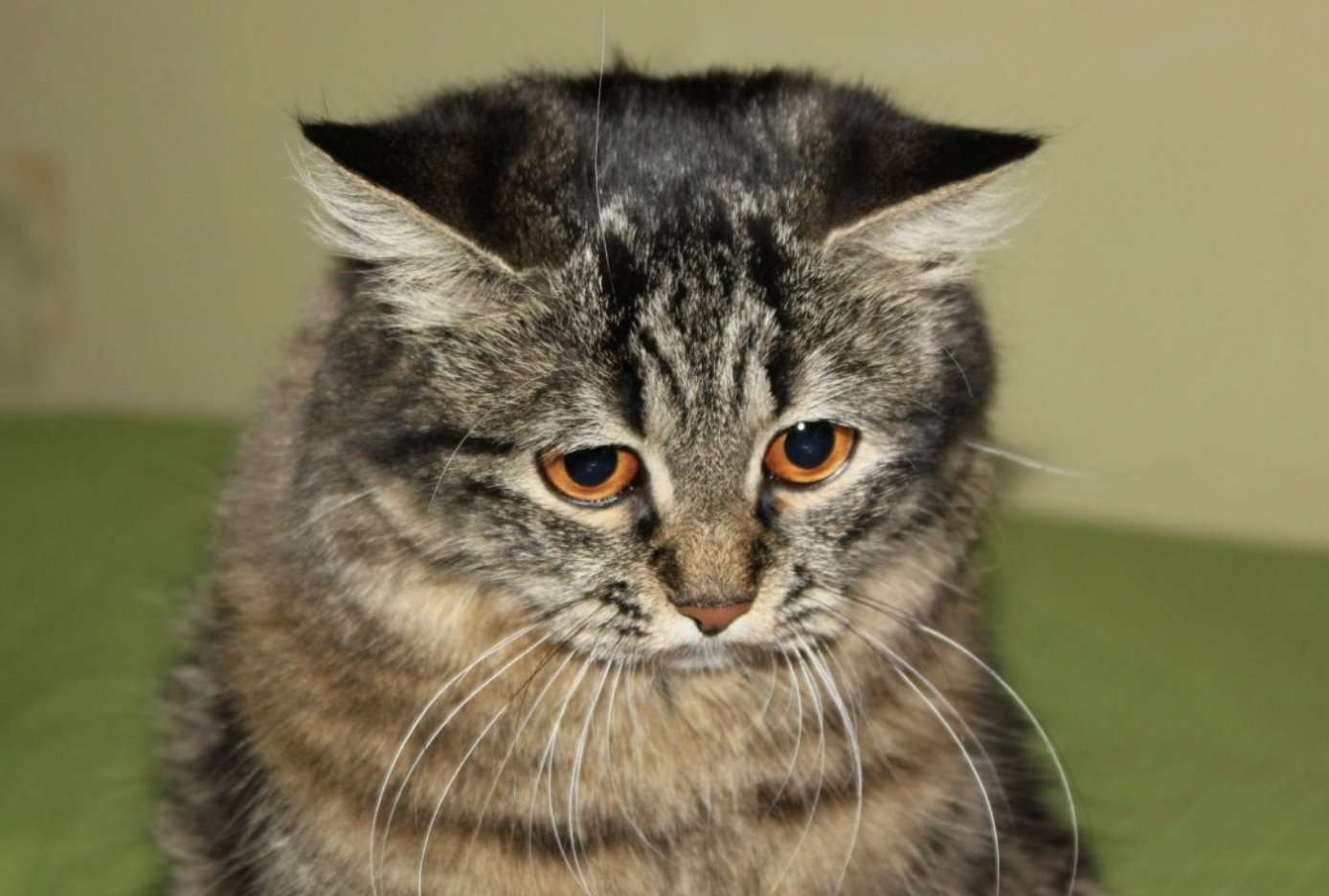Formerly “unadoptable” shelter cats are living the dream life of Tom & Jerry‘s feline co-star: they spend their days chasing mice in exchange for room and board. These once homeless, unemployed cats are now gainfully employed as full-time, all-natural pest control for businesses and homeowners all across the US.
According to Humane Animal Rescue’s Blue Collar Cats program, these mouse-hunting purrfessionals are “the perfect new hire for wherever pests interfere with your inventory. These cats are not house pets. They’re strictly business. And their business is solving your business’ rodent problem.”
Cats produce a chemical signal that terrifies mice; their smell literally acts as a mouse deterrent, making them particularly effective and all-natural pest control.
Animal rescue organizations all over the US, such as Blue Collar Cats and Philadelphia’s Animal Care and Control Team (ACCT), have founded programs to help find a place for the so-called “unadoptable” cats in their shelters.
What exactly makes a cat “unadoptable”? Generally, cats that display aggressive behaviors such as biting, scratching and growling at humans and those that can’t be held or even touched are thought to be ill-suited for life as a pet.
“But just because cats don’t want to be petted or snuggle on a lap doesn’t mean they can’t have good lives,” says Ame Dorminy, a spokeswoman for the ACCT.
Sometimes, these unsocialized ferals are part of a Trap, Neuter, Release program (TNR) and are released back into the feral cat colony they came from if they are suitable candidates.
But what happens to these “unadoptable” cats when they aren’t part of a TNR program or can’t find forever homes? Unfortunately, with shelters often overrun with more adoptable homeless cats, euthanasia is often the fate of these “less-than-ideal” pets.
Prior to programs like Working Cats and Blue Collar Cats, cats who have had little to no human interaction really “had few options,” said Lauren Lipsey, HRA Vice President of Community Programs at ACCT. “Now, through Working Cat’s collaboration with local businesses and homeowners, we are able to save even more animals and support their right to a long and fruitful life.”
This symbiotic relationship provides these normally “unadoptable” cats with a home, food and positive interaction with humans. In many cases, this positive socialization leads to the cats enjoying their safe environments and becoming affectionate mascots for the companies they protect from mice.
Take Gary, for instance, who had “behavioral problems.” Gary was placed at Bella Vista Beer Distributors’ warehouse to take care of their prolific mice problem. They were losing at least 15 bags of chips a day to mice, and exterminators had been unsuccessful even with their harsh chemical solutions.
But Gary wasn’t accustomed to people and would hiss or lash out anytime someone passed by. At first, Gary would stay cooped up in the office and would only go into the warehouse after hours, when the place was empty.
But as time went on, Gary warmed up to workers and customers and has transformed into a sweet, playful warehouse warrior with free rein of the store.
“My only complaint is sometimes he gets in the way of a transaction,” said owner Jordan Fetfatzes, a self-described “dog guy” who’s turned in to a cat lover thanks to Gary.
Neighborhood kids even come in just to say hi to Gary and give him a pet. Gary even loves to play soccer with a worker who balls up cash register tape and kicks it around as Gary chases it.
As for the mice? Fetfatzes says they’ve vanished – completely.
“You’re not only saving your business money, you are helping save the life of an unwanted pet,” he said. “And in this case, we made a friend.”
Todd Curry took in Shelley, another former feral turned full-time catployee. She was turned over to Curry after she was returned to the shelter for biting her owner’s children.
“The only reason she was here was for the rats, but it has turned into a lot more than that,” he said. Shelley really came out of her shell, said Curry, craving pets and demanding attention. “She functions as a workplace stress reliever,” said Curry.
“It’s nice to see these cats put to use, not put down.”

Kaep4Pres on September 23rd, 2018 at 08:46 UTC »
Meanwhile, every damn day I ask my dog if he has found a job and he just looks at me like I am crazy. Unbelievable.
jakobdee on September 23rd, 2018 at 08:35 UTC »
We had a warehouse cat at the electrical supply place I use to work at. We named him Booby Cat. And he def helped boost morale and gave people some fun at work
BangkokMillionaire on September 23rd, 2018 at 06:40 UTC »
My local humane society gives barn cats out for free. We have 3 who would've been considered un-adoptable, 2 of them turned out to be extremely affectionate. The third is an asshole but does his job well.